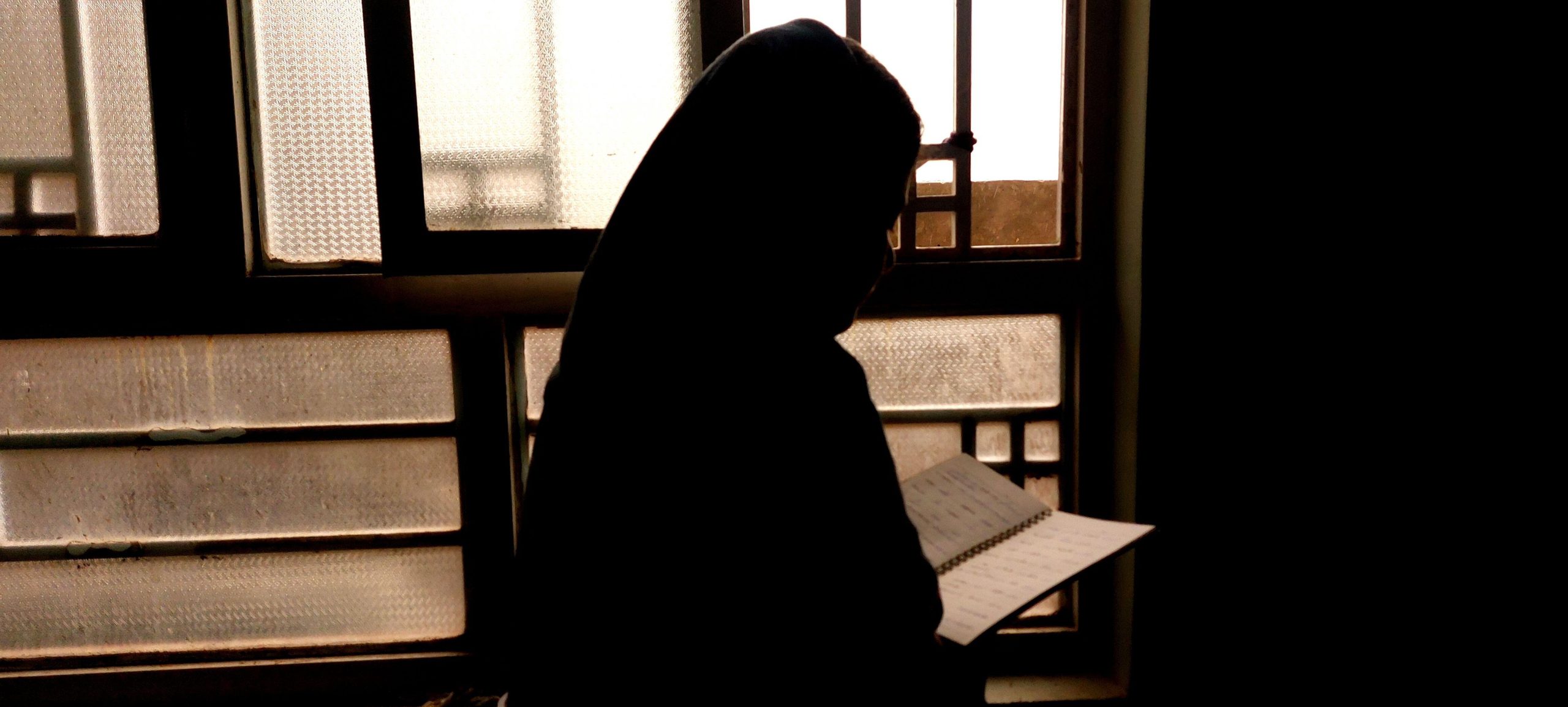Before the cancellation of Exhibit B at the Barbican this week, Index published an article from associate arts producer Julia Farrington in which she addressed the role of the institution in managing controversial art and a lack of diversity in arts management in the UK. Those who read the article following the cancellation and our short comment on it have interpreted our stance as one that in some way excuses or condones the protesters and the cancellation of the piece. This was certainly not our intention, but we realise that by failing to publish a detailed article or statement on the cancellation, we muddied our position.
So let’s be clear. People have every right to object to art they find objectionable but no right whatsoever to have that work censored. Free expression, including work that others may find shocking or offensive, is a right that must be defended vigorously. As an organisation, while we condemn in no uncertain terms all those who advocate censorship, we would – as a free expression organisation – defend their right to express those views. What we do not and will never condone is the use of intimidation, force or violence to stifle the free expression of others.
As an anti-censorship organisation we think it is self-evident that no work should be censored for causing ‘offence’. But we also know that controversial art will inevitably cause controversy, including demands it be censored. Some of those who object to the work may protest. Some of those protests may turn violent. So we have also sought in much of our work on this issue not simply to condemn those who wish to censor, but also to examine what more arts organisations and institutions can do to ensure that controversial works are put on: Taking the Offensive – defending artistic freedom of expression in the UK.
We hope the debate generated by the cancellation of Exhibit B will reignite discussion on both the necessity of, and mechanisms for, staging controversial work.
This statement was posted on 26 September 2014 at indexoncensorship.org





